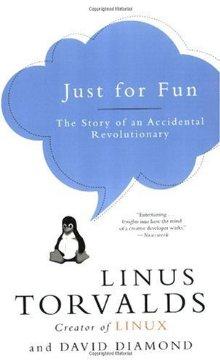V: The Beauty of #Programming
I don’t know how to really explain my fascination with programming, but I’ll try. To somebody who does it, it’s the most interesting thing in the world. It’s a game much more involved than chess, a game where you can make up your own rules and where the end result is whatever you can make of it. And yet, to the outside, it looks like the most boring thing on Earth. Part of the initial excitement in programming is easy to explain: just the fact that when you tell the computer to do something, it will do it. Unerringly. Forever. Without a complaint. And that’s interesting in itself. But blind obedience on its own, while initially fascinating, obviously does not make for a very likable companion. In fact, that part gets pretty boring fairly quickly. What makes programming so engaging is that, while you can make the computer do what you want, you have to figure out how. I’m personally convinced that computer science has a lot in common with physics. Both are about how the world works at a rather fundamental level. The difference, of course, is that while in physics you’re supposed to figure out how the world is made up, in computer science you create the world. Within the confines of the computer, you’re the creator. You get to ultimately control everything that happens. If you’re good enough, you can be God. On a small scale. And I’ve probably offended roughly half the population on Earth by saying so. But it’s true. You get to create your own world, and the only thing that limits what you can do are the capabilities of the machine—and, more and more often these days, your own abilities.

